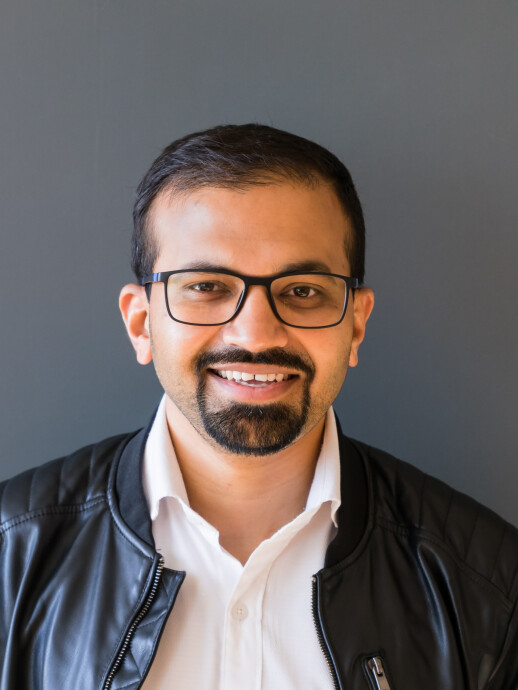
Contact
Areas of expertise
Biography
Ashish Ganvir was born in India (Amravati, Maharashtra) where he also finished his schooling from Jawahar Navodaya Vidyalaya (JNV) Amravati. He prides himself as an alumnus of this school and gives all the credit to his early childhood teachers for inculcating the importance of education and science for the betterment of mankind. After finishing his schooling, he graduated in 2013 with a Bachelor of Technology (B. Tech.), in Materials Science and Engineering from Indian Institute of Technology (IIT), Kanpur, India. Soon after his B. Tech, Ashish came to Sweden to pursue higher education where he finished his MSc in Mechanical Engineering and PhD in Production Technology with a specialization in Surface and Coatings from University West, Trollhättan, Sweden. Ashish continued his research after PhD during his short postdoc at University West before joining GKN Aerospace Sweden AB, where he worked for two and half years (2018-2021) as a full-time process engineer in the field of Additive Manufacturing. Ashish was also a visiting researcher in 2016 during his PhD studies at Forschungszentrum Jülich, Germany and Innovnano materials, Coimbra, Portugal.
Teaching
Ashish Ganvir is responsible for the following course in Digital Manufacturing Master’s Program at University of Turku:
KTEK0035 Advanced Surface and Coating Technology
KTEK0034 Materials Engineering in Digital Manufacturing
Other courses that Ashish is involved at UTU:
KTEK0033 Materials Processing Technologies in Digital Manufacturing
KTEK0012 3D Printing and Additive Manufacturing
Research
During Ashish’s academic & industrial R&D career prior to joining University of Turku as Assistant Professor, he has worked on several interesting research topics and hence developed a keen interest to conduct deep scientific as well as applied research surrounding these topics. His main specialty lies in material science and process engineering. Therefore, the research questions that are typically addressed in several of his publications revolve around how various processing conditions influence the material microstructure, material properties and hence the performance. He has a vision that his research should not only be kept at basic technology/material readiness level but it should be extended to higher readiness level. Hence, he is a firm believer of converting those research ideas into reality and making use of his research in society by creating valuable real products. This is why he ensures keeping a close connection with industry and he enjoys keeping that balance between applied and basic research.
Some of the key research areas for Ashish are as follows:
• Additive manufacturing/3D printing of metals and ceramics
• Liquid feedstock material processing technologies
• Powder additive manufacturing technologies (Electron Beam Melting (EBM), Laser Metal Deposition powder (LMDp), Selective Laser Melting (SLM) etc.)
• Repair and refurbishing of industrial components using surface engineering and additive manufacturing technologies
• Surface and coatings: Thermal Barrier Coatings (TBCs), Environmental Barrier Coatings (EBCs), Solid Oxide Fuel Cells (SOFCs), coatings for hydrogen production for clean and renewable energy, bio-ceramic coatings, coatings/films and materials for wear, erosion and corrosion applications etc.
• High temperature advanced ceramic & metallic materials